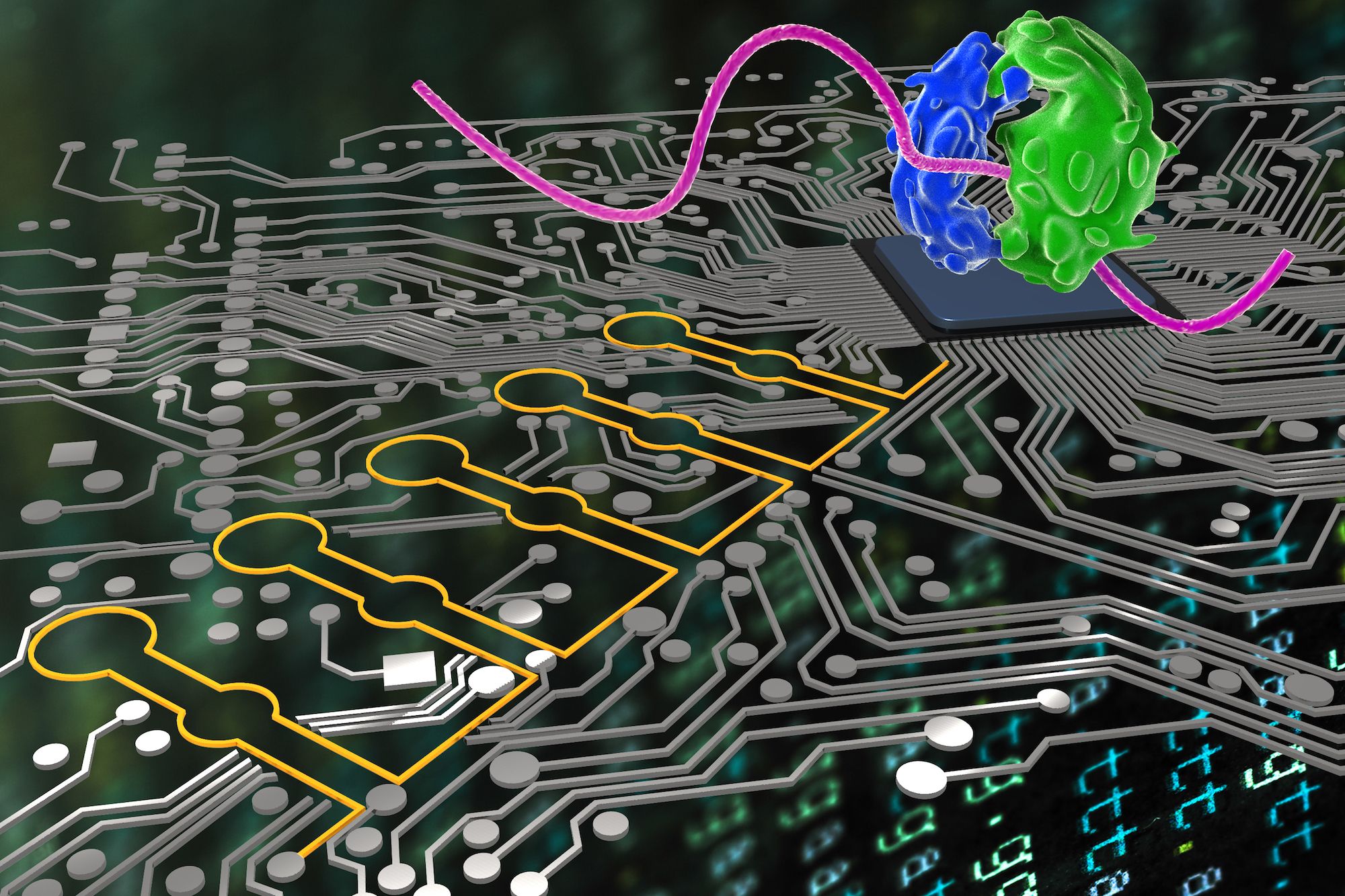Researchers turn living cells into biological sensing and computing platforms.
The preferred term is “ribocomputing.” Take a molecule of RNA, the “messenger” chemical that carries instructions from a cell’s DNA to the rest of the cell, and basically rewire it. By hacking the RNA, it’s thus possible to take command of the processes of the cell, particularly that of protein synthesis. It’s also possible to rewire the RNA to respond to specific stimuli, offering an engineered microbiological system that reacts to inputs in the same way that an embedded computer might respond to a temperature sensor of accelerometer.
Synthetic biology or “hacked” biology is a quickly growing field, but the term ribocomputing is scarce, mostly limited to a single 2016 study. That was the case at least until this week and the publication of a paper in Nature describing RNA-based synthetic biological circuits that are capable of implementing just what I described above: sensing external signals and directing cellular machinery to respond to those signals in programmed ways. It’s fascinating but also a bit spooky.
